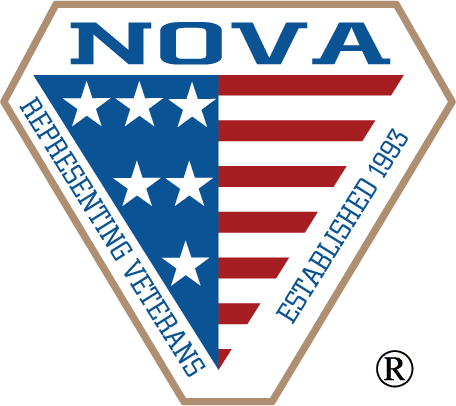In our last blog post in this series, we discussed the “current disability” requirement that a veteran must establish in order to qualify for veterans disability compensation benefits. If you have not read our other blog posts in this series, we would suggest that you start with part one first. This blog post will discuss the final requirement of qualifying for veterans’ disability compensation benefits: a nexus between the in service event and the current disability or disabilities.
What is the nexus requirement?
Essentially, nexus is a requirement that the in service event and the current disability are connected in some way. The clearest connection would be when a veteran suffered some specific injury and is still disabled as a result of that injury. For example, a veteran who suffered a leg injury in service resulting in the amputation of part of his leg would clearly have a nexus between the in service event and his disability.
Presumptions of nexus between in service event and disability
Sometimes, the nexus between an in service event and a disability is presumed by the Department of Veterans Affairs. One example is a Vietnam veteran who develops certain diseases such as prostate cancer, lung cancer, heart disease, diabetes, or Parkinson’s disease. For those diseases and some others, VA presumes that there is a nexus between military service in Vietnam (with presumed exposure to Agent Orange) and the development of those diseases. VA also assumes a nexus between service in the Gulf Wars and development of certain conditions such as chronic fatigue syndrome and fibromyalgia.
If a veteran applies for veterans’ disability compensation and successfully satisfies all of the requirements, the veteran should receive a rating decision from the Department of Veterans Affairs and a letter explaining how much monthly compensation the veteran will receive.
Our law firm often handles veterans’ initial applications for veterans’ disability compensation for free. If you would like to speak to one of our attorneys about it, have other questions about a claim for veterans disability compensation or a denial of all or part of a claim for benefits, please feel free to call our office or complete the “Need Help” form on this page for a free consultation with one of our attorneys that handles veterans disability claims.






